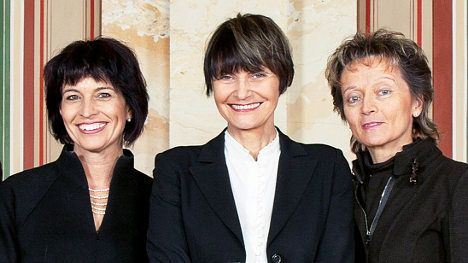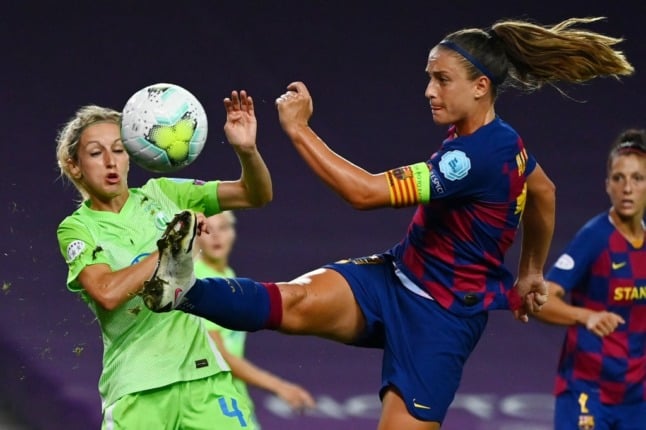The “Women build the future” group is calling on all voters to opt for more female candidates in October’s federal elections.
Switzerland does not have a long history of women in politics and was one of the last countries in the western world to give women the vote in 1971.
Election posters from that time depict a disaster scenario inside the home if mothers were permitted to abandon their housework to instead embark on political careers.
Four decades on, men still hold more than two-thirds of parliamentary seats in Switzerland.“Forty years after the introduction of the vote for women, the balance of power in politics and business in Switzerland is clearly to the disadvantage of women,“ the group said in a statement.
Switzerland’s poor female-to-male political ratio has previously been criticised by the United Nations Committee on the Elimination of Discrimination against Women.
The Swiss Council of States has 20.5 percent women with 9 out of 44 seats, while the National Council has 29.5 percent women with 59 out of 200 seats.
At cantonal level, especially among right-wing parties and in rural cantons, the percentage of women in politics can be even lower.
The Swiss Federal Council, or government cabinet, currently forms the exception. It consists of four women and three men, which is highly unusual and has been reported on widely in the press.
Elisabeth Kopp, the first female politician to be elected to the Federal Council in 1984, has lent her support to the campaign:
“We need women at all political levels because they often set different priorities and are more autonomous and therefore more courageous,“ she said.
The “Women build the future” project first emerged from a working group of the Federal Commission for Women’s Issues (EKF), an extra-parliamentary commission which analyses the situation of women in Switzerland and advocates the advancement of gender equality.
The Swiss federal elections take place on October 23rd 2011.
Campaign website: Frauen bauen Zukunft




 Please whitelist us to continue reading.
Please whitelist us to continue reading.
Member comments